Top experts in Castleman disease research and treatment
The CDCN has assembled top global experts onto a Scientific Advisory Board (SAB) that prioritizes and sets the overall direction of Castleman disease research. The SAB includes 30 physicians and researchers from seven countries including China, France, Japan, New Zealand, Norway, the United Kingdom, and the United States of America..
Corey Casper, MD, MPH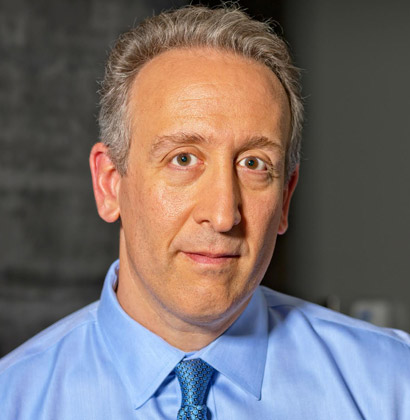
Dr. Corey Casper is the Interim President and Chief Executive Officer of the Infectious Disease Research Institute in Seattle, Clinical Professor of Medicine and Global Health at the University of Washington, and an Affiliate Member at the Fred Hutchinson Cancer Research Center. He earned his medical degree from Cornell University, completed his Internal Medicine residency at the University of California – San Francisco, and his Infectious Disease fellowship and Master of Public Health at the University of Washington. Dr. Casper’s research examines the intersection of infectious diseases, immunity, and cancer, with over 120 peer-reviewed publications. He was among the first to describe antiviral therapy for HHV-8-associated Multicentric Castleman Disease (MCD) and contributed to the pivotal trials leading to FDA approval of siltuximab. At IDRI, he leads programs developing vaccines, therapeutics, and diagnostics for global health challenges, including tuberculosis, leprosy, and emerging viral diseases.
Amy Chadburn, MD, FCAP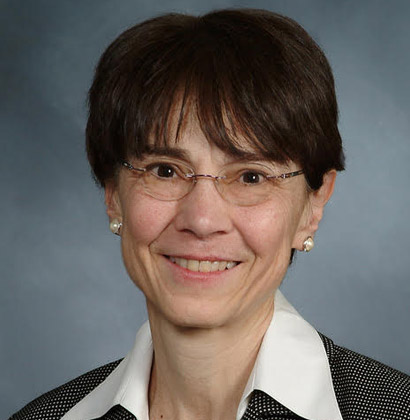
Dr. Amy Chadburn is Vice Chair of Clinical Support Services and Professor of Pathology and Laboratory Medicine at Weill Cornell Medicine. A native of Oregon, she earned her medical degree from Stanford University and completed residency training in anatomic and clinical pathology at New York Presbyterian Hospital–Weill Cornell Medicine, followed by a hematopathology fellowship at Columbia–Presbyterian Medical Center. She previously served on the faculties of Columbia University and Northwestern University Feinberg School of Medicine. Dr. Chadburn has over 20 years of diagnostic experience in lymphoma and lymphoid lesions, with particular expertise in immunodeficiency-related lymphoproliferative diseases and immunohistochemistry. She has authored approximately 170 peer-reviewed publications, multiple textbook chapters, and co-authored chapters in two WHO blue books. An invited speaker internationally, she has also served as co-principal investigator on grants studying the pathogenesis of lymphoid lesions and lymphomas and is active in medical education through leadership roles in national pathology organizations.
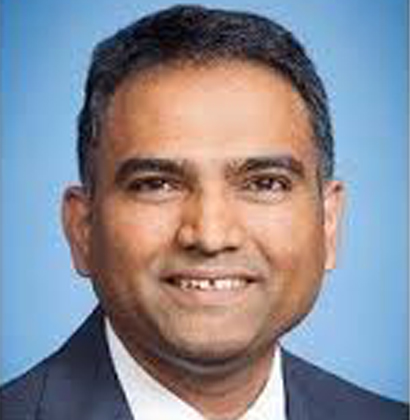 Shanmuganathan
Shanmuganathan
Chandrakasan, MD
Dr. Shanmuganathan Chandrakasan is an Assistant Professor of Pediatrics at Emory University and a pediatric hematologist/oncologist at the Aflac Cancer and Blood Disorders Center at Children’s Healthcare of Atlanta. He serves as Director of Immune Dysregulation Program and specializes in immunology and blood and marrow transplant. Dr. Chandrakasan has managed several challenging cases of Castleman disease in pediatric patients and is leading the CDCN’s effort to better understand pediatric Castleman disease through collaboration with other clinicians.
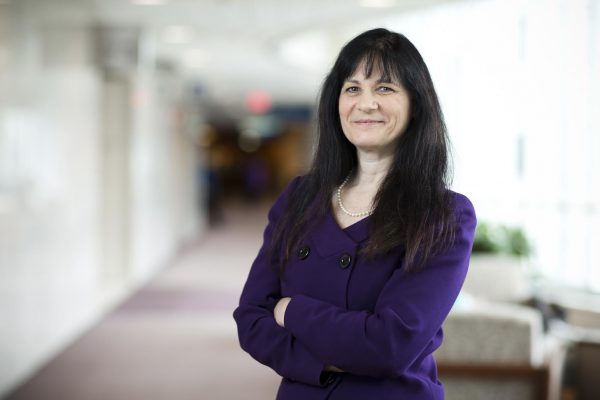
Angela Dispenzieri, MD
Dr. Dispenzieri was born in New York City and received her Bachelor’s of Science from Massachusetts Institute of Technology in Cambridge, MA. She earned her medical degree from Albert Einstein College of Medicine in New York. She completed an Internal Medicine residency and Hematology/Oncology fellowship at the Mayo Graduate School of Medicine in Rochester, Minnesota. She remained at the Mayo Clinic where she currently is a Professor of Medicine and of Laboratory Medicine. Dr. Dispenzieri serves as the Research Chair for the Division of Hematology. She has been an author or co-author on over six hundred manuscripts and book chapters in the field of plasma cell disorders, including multiple myeloma, immunoglobulin light chain amyloidosis, POEMS syndrome, Castleman Disease, and mass spectrometry techniques. She is immediate past-president of the International Society of Amyloidosis.
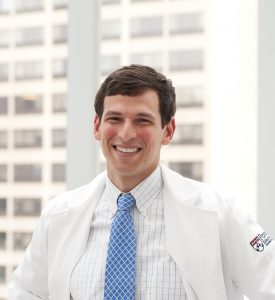
David Fajgenbaum, MD, MBA, MSc, FCPP
Dr. David Fajgenbaum is an Assistant Professor of Medicine in the Division of Translational Medicine & Human Genetics at the University of Pennsylvania, Associate Director for Patient Impact at Penn’s Orphan Disease Center, and Founding Director of the Castleman Disease Center. He co-founded and serves as President of the Castleman Disease Collaborative Network (CDCN) and leads 18 translational research studies, including the first NIH R01-funded research in idiopathic multicentric Castleman disease (iMCD). A patient himself, he identified and began a precision treatment that put him into his longest remission. Dr. Fajgenbaum also co-founded the National Students of AMF Support Network, supporting grieving college students nationwide, and co-authored We Get It. His work has been recognized by The New York Times, Science, the Today Show, and Forbes’ “30 Under 30” in Healthcare. He earned his BS from Georgetown University, MSc from Oxford, MD from Penn, and MBA from The Wharton School.
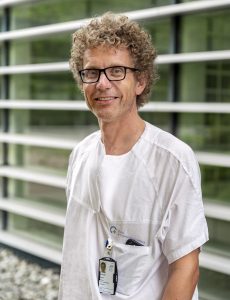
Alexander Fossa, MD, PhD
Alexander Fossa, MD, PhD, is senior consultant in the Department of Oncology at the Norwegian Radium Hospital and Oslo University Hospital. He is the primary treating physician of Castleman disease in his region, has a keen interest in Castleman disease (as one of the first patients he treated as a resident had MCD), and was an investigator on the Siltuximab study.
Makoto Ide, MD, PhD
Makoto Ide, MD, PhD, is a chief director in the second Department of Hematology at Takamatsu Red Cross Hospital in Japan. He has over 20 years experience in the diagnosis and treatment of Castleman disease and has published several articles about CD, including the use of rituximab and steroid therapy in HIV-negative MCD.
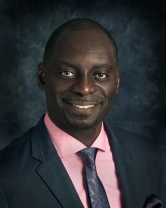
Kojo Elenitoba-Johnson, MD
Kojo S. J. Elenitoba-Johnson, MD, is the inaugural Peter C. Nowell, MD Professor at the Perelman School of Medicine at the University of Pennsylvania. He is also the Founding Director of Penn Medicine’s Center for Personalized Diagnostics, as well as Chief of the Division of Molecular and Genomic Pathology. Dr. Elenitoba-Johnson is an international leader in the fields of Hematopathology, Molecular and Genomic Pathology, as well as mass spectrometry-driven proteomics. He has authored or co-authored more than 130 peer-reviewed research publications and has contributed more than 40 chapters to professional textbooks in Pathology.
Atsushi Kawakami, MD, PhD
Dr. Atsushi Kawakami is an Associate Professor at the Tokyo Institute of Technology School of Life Science and Technology where he specializes in developmental biology. Dr. Kawakami is a leading clinical researcher at the forefront of his field overseeing clinical studies for patients undergoing new treatments and therapies, and publishing articles in peer reviewed medical journals. Dr. Kawakami received his Ph.D. from Nagoya University in 1990 from the Department of Biological Sciences.

Raj Jaynathan, MD
Raj currently serves on the Scientific Advisory Board for the CDCN. His efforts are focused on communicating with patients about their disease. He was diagnosed with idiopathic multicentric Castleman disease in May 2013 when he was 23. Raj initially joined the CDCN in early 2014 to develop a plan for establishing a global patient registry for Castleman disease. He worked with other patients, physicians, and researchers to create a model that integrates patient experience, disease natural history, and physician-reported data.
Raj graduated from Meharry Medical College in 2016 and completed his residency in pediatrics at Texas Children’s Hospital in 2019. He is currently working as a neonatal hospitalist at Montefiore Medical Center with future plans to become a neonatologist.
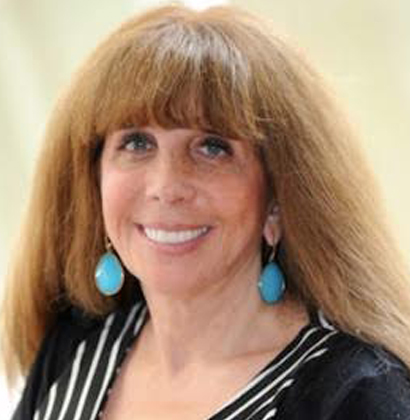
Razelle Kurzrock, MD
Dr. Razelle Kurzrock is Distinguished Professor of Medicine at the UC San Diego School of Medicine, Director of the Center for Personalized Cancer Therapy and Rare Tumor Clinic, Associate Director of Clinical Science, and Leader of Experimental Therapeutics at Moores Cancer Center. Internationally recognized for her work in precision medicine, she previously built the world’s largest Phase 1 clinical trials program at the University of Texas MD Anderson Cancer Center, pioneering molecularly guided therapy protocols such as PREDICT. At UC San Diego, she leads innovative clinical trials using genomically targeted drugs and immune-based therapies, including the landmark WINTHER and IPREDICT studies published in Nature Medicine. Dr. Kurzrock earned her MD from the University of Toronto and has authored over 750 peer-reviewed publications. She has also founded multiple advanced training programs in cancer therapeutics and personalized medicine, and is a leader in integrating research, clinical care, and education.
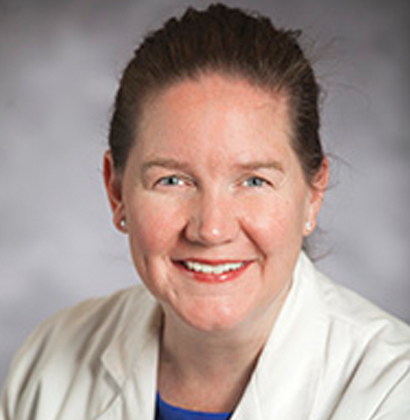
Mary Jo Lechowicz, MD
Mary Jo Lechowicz, MD, is an Associate Professor in hematology and oncology at Emory University. Her research interests are in hematologic malignancies, and she is co-principal investigator on a national clinical trial conducted through the AIDS Malignancy Consortium to examine expression of Karposi’s Sarcoma related Herpes Virus in AIDS patients.
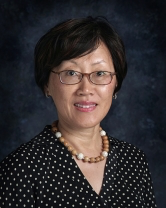
Megan Lim, MD, PhD
Dr. Megan Lim is Professor of Pathology and Laboratory Medicine at the Perelman School of Medicine at the University of Pennsylvania, Director of the Division of Hematopathology at the Hospital of the University of Pennsylvania, and Co-Leader of the Lymphoma Translational Center for Excellence at the Abramson Cancer Center. She earned her MD and PhD in molecular oncology from the University of Calgary, completed fellowship training in hematopathology at the National Cancer Institute, and is board-certified in hematopathology and molecular genetic pathology. Dr. Lim previously held faculty positions at the University of Toronto, University of Utah, and University of Michigan, where she directed Hematopathology and its fellowship program. She has served in leadership roles for national pathology organizations and is Vice Chair of the Non-Hodgkin Lymphoma Disease Committee for the Children’s Oncology Group. Her NIH-funded research focuses on proteomic and genomic analysis of lymphoid neoplasms, and she has authored over 170 peer-reviewed publications.
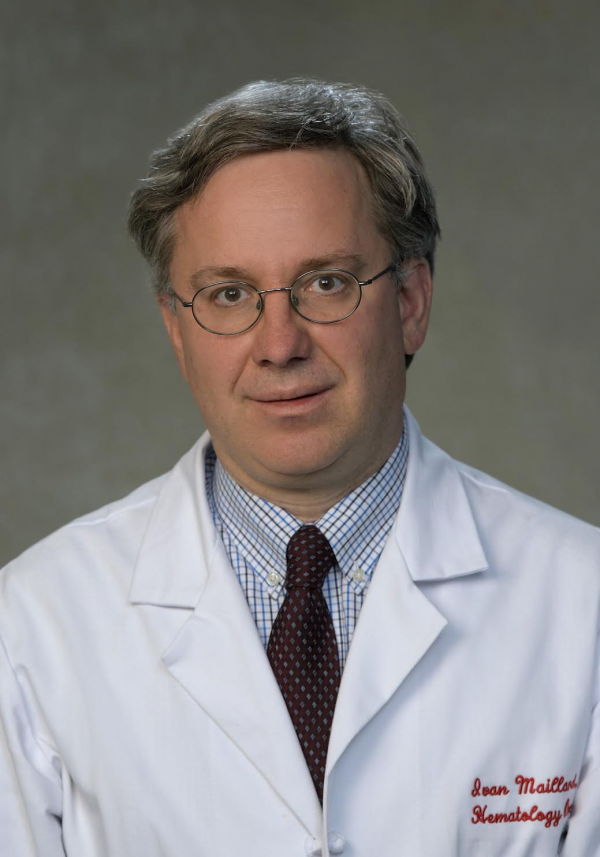
Ivan Maillard, MD, PhD
Dr. Maillard earned a medical degree from the University of Lausanne, Switzerland and a PhD degree in immunology from the Swiss Academy of Medical Sciences. He trained in internal medicine and hematology at the Centre Hospitalier Universitaire Vaudois, Lausanne, Switzerland, followed by Hematology-Oncology fellowship training at the University of Pennsylvania (2001-2004). After additional work at Penn as an Instructor of Medicine, he joined the University of Michigan as an Assistant Professor in 2007. There, he built an independent research program studying new molecular mechanisms regulating T cell alloreactivity and hematopoietic stem cell biology. Dr. Maillard was promoted to the rank of Associate Professor and elected to the American Society of Clinical Investigation in 2013. In 2018, he was recruited to the University of Pennsylvania as Professor of Medicine and Vice-Chief for Research in the Division of Hematology-Oncology. Dr. Maillard serves on multiple study sections for LLS, ASH, the Damon Runyon Cancer Research Foundation and the NIH, including as a current standing member in the Transplantation, Tolerance and Tumor Immunology study section.
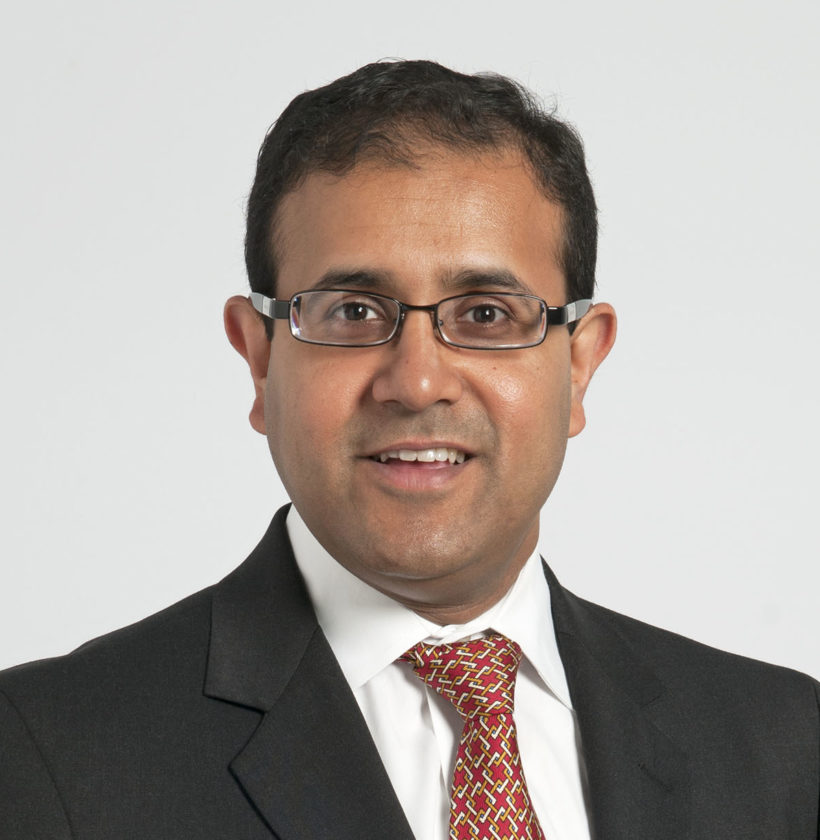
Sudipto Mukherjee, MD, PhD, MDH
Dr. Sudipto Mukherjee is Assistant Professor of Internal Medicine at the Lerner College of Medicine at Case Western Reserve University and Director of the Rare Cancers and Blood Diseases Program at the Cleveland Clinic Taussig Cancer Institute. He earned his MBBS from Nil Ratan Sircar Medical College and Hospital in India, MPH and PhD in Vision Sciences from the University of Alabama at Birmingham, completed his Internal Medicine residency at William Beaumont Hospital, and fellowship in hematology/medical oncology at the Cleveland Clinic. Dr. Mukherjee leads a multidisciplinary team caring for patients with rare cancers and blood disorders, including Castleman disease, histiocytic disorders, and systemic mastocytosis. His research focuses on epidemiologic studies of second cancer risk, health disparities, and clinical trials in rare hematologic malignancies. A member of the Castleman Disease Collaborative Network Scientific Advisory Board, he has contributed to international guidelines for idiopathic multicentric Castleman disease.
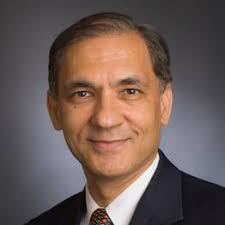
Nikhil Munshi, MD
Dr. Nikhil Munshi is Professor of Medicine at Harvard Medical School, Associate Professor of Medical Oncology at the Dana-Farber Cancer Institute, and an attending physician at VA Boston Healthcare System. He earned his medical degree from Maharaja Sayajirao University in India, where he also completed his internship and residency, followed by oncology fellowship training at Johns Hopkins Oncology Center and hematology/oncology fellowship at Indiana University Medical Center. Board-certified in internal medicine, Dr. Munshi serves on the Board of Directors of the International Myeloma Society and is active in numerous professional organizations. His research focuses on the oncogenomics of myeloma and the development of translational programs in plasma cell disorders. He also established the Myeloma Initiative at Veterans Administration Hospitals, uniting major VA centers nationwide to advance collaborative clinical studies in myeloma.

Sunita Nasta, MD
Sunita Nasta, MD, is an Associate Professor of Clinical Medicine in the Division of Hematology Oncology at the University of Pennsylvania Perelman School of Medicine. Dr. Nasta has extensive research experience, has authored over 70 publications and has conducted phase I, II, and III clinical trials in non-Hodgkin’s lymphoma. She has clinical expertise in treating patients with non-Hodgkin’s lymphoma, Hodgkin’s lymphoma, multiple myeloma, acute and chronic leukemias, and Castleman disease. Dr. Nasta earned her MD from the Medical College of Virginia, and received a BS in Microbiology and Immunology from Stanford University.
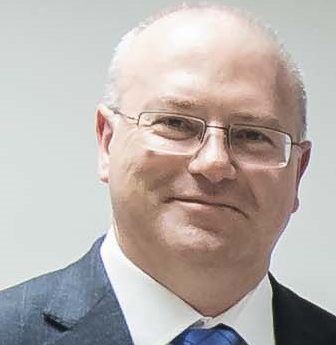
Jose Tomas Navarro, MD, PhD
Dr. José Tomás Navarro is a hematologist with over 25 years of experience in diagnosing and treating lymphoma and lymphoproliferative disorders. Dr. Navarro graduated in Medicine from Universitat de Valencia, Spain, and did his residency and fellowship in Hematology at Germans Trias I Pujol Hospital in Barcelona. He is currently chief of the Hematology Laboratory Department of the Catalan Institute of Oncology and leader of the Lymphoid Neoplasms Group at Josep Carreras Leukaemia Research Institute. He is also Associate Professor of Universitat Autonoma de Barcelona.
Dr. Navarro is leading a task force for the study of Castleman Disease in the Spanish group GELTAMO, and is a member of the scientific board for the Spanish guidelines for the diagnosis of idiopathic multicentric Castleman disease.
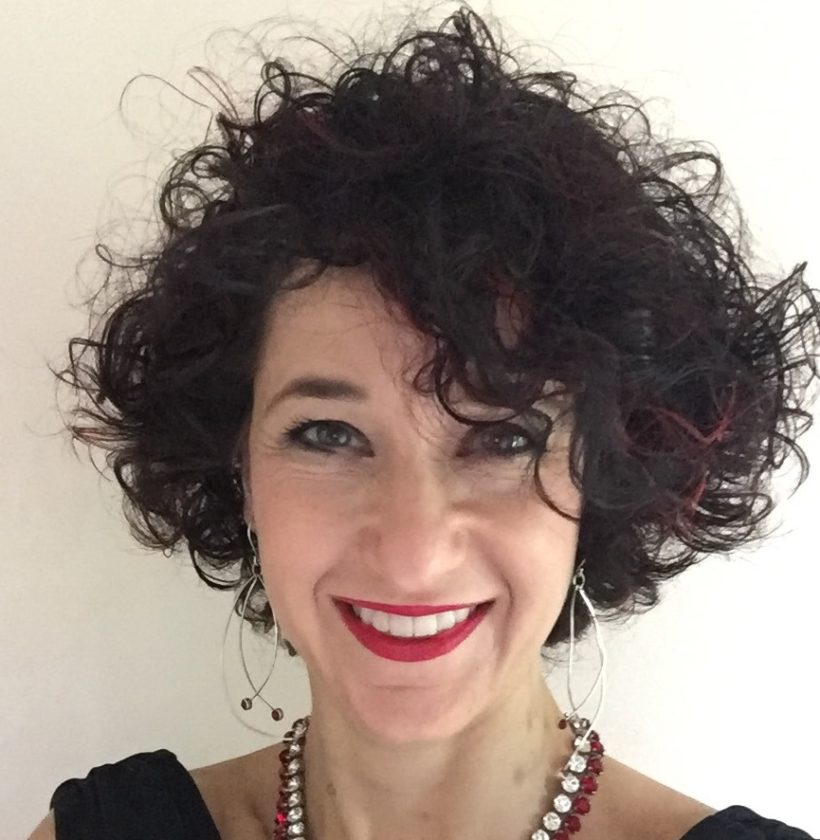
Ariela Noy, MD
Dr. Ariela Noy is an Attending Physician on the Lymphoma Service at Memorial Sloan Kettering Cancer Center in New York City. Her research focuses on HIV-related and non-HIV-related lymphomas, having led the AIDS Malignancy Consortium (AMC) Lymphoma Working Group from 2009–2019 and served on the NIH Lymphoma Steering Committee. Under her leadership, the AMC conducted practice-changing trials in diffuse large B-cell and Burkitt lymphomas, transplantation in people living with HIV, and novel therapeutic approaches. She has also advanced gene therapy strategies for HIV-resistant CD4 cells, CAR T-cell protocols, and plasmablastic lymphoma treatments. Dr. Noy’s work has influenced national guidelines for HIV malignancies and clinical trial eligibility criteria, and she has led pivotal studies in marginal zone lymphoma. She serves as site principal investigator for multiple trials at MSKCC and is a member of the Castleman Disease Collaborative Network Scientific Advisory Board, with nearly 30 years of clinical experience in the field.
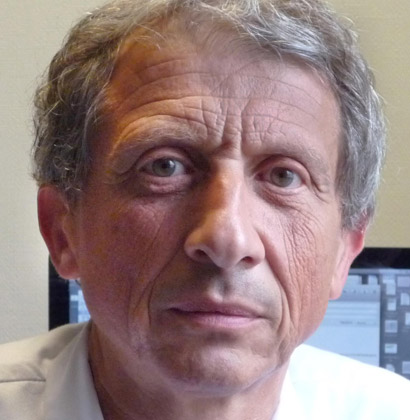
Eric Oksenhendler, MD
Eric Oksenhendler, MD, is a Professor in the department of Clinical Immunology at Hopital Saint-Louis in Paris. He has 14 years experience with registry management in Primary Immune Deficiency (> 900 patients) and French national registry for all types of Castleman disease (> 350 patients). He has been one of the leading experts worldwide in the elucidation and description of HHV-8-associated MCD.
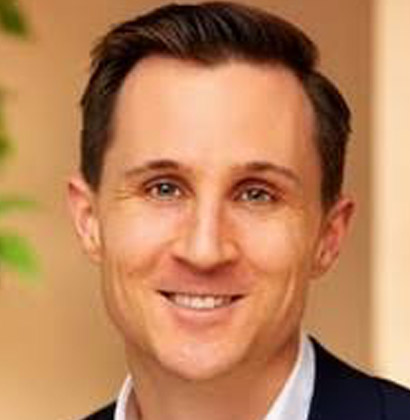
Jason Ruth, PhD
Jason Ruth, PhD, is the CDCN’s Chief Scientific Officer. He is also a Senior Associate at 5AM Ventures, where he helps create and invest in early stage companies developing medicines for patients with unmet needs. He is an observer on the Board of Directors for several companies developing medicines for rare diseases, including Cabaletta Bio, Expansion Therapeutics, Vor Biopharma, and Entrada Therapeutics. He was previously a Board Observer with Homology Medicines (NASDAQ: FIXX). Previously he was a postdoctoral fellow in Levi Garraway’s laboratory at the Dana-Farber Cancer Institute and the Broad Institute of MIT and Harvard, where his work was published in Science. Before that, he was an HHMI-NIBIB Interfaces Scholar at the University of Pennsylvania, where he received his PhD in Bioengineering In Lewis Chodosh’s lab. He is passionate about maximizing the impact that the CDCN has on patients by identifying research areas that further understanding about Castleman Disease in a clinically meaningful way.

Arthur Rubenstein, MBBCh
Arthur Rubenstein, MBBcH, is a Professor of Medicine at the University of Pennsylvania in the division of Endocrinology, Diabetes, and Metabolism and Dean Emeritus/Former EVP of the University of Pennsylvania School of Medicine for the Health System. An internationally renowned endocrinologist, Dr. Rubenstein was part of a research team that elucidated the biosynthetic pathway for insulin via (pre) proinsulin and the secretion of C-peptide together with insulin by pancreatic beta cells. After leading the University of Pennsylvania Health System for over 10 years, he stepped down in 2011 and served as the Interim Director of the Penn Center for Orphan Disease Research & Therapy. He is a member of the Institute of Medicine (IOM).
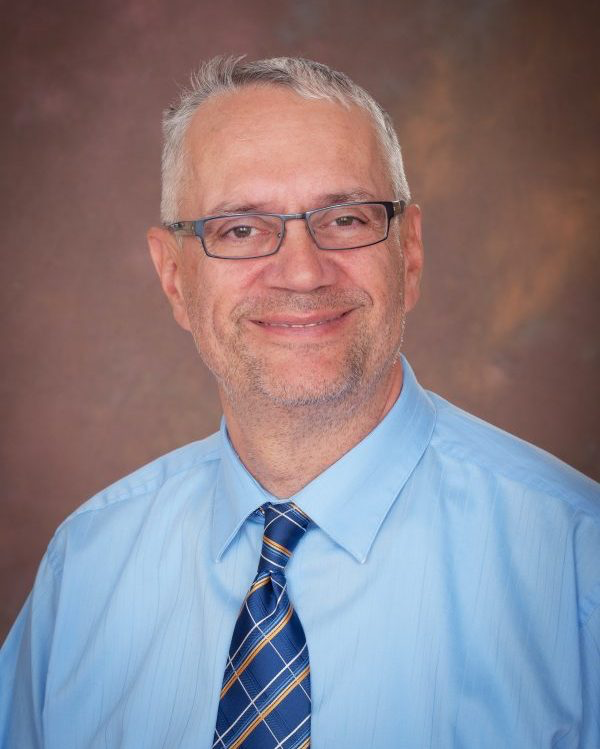
Gordan Srkalovic, MD, PhD
Dr. Gordan Srkalovic is Medical Director and Director of the Clinical Trials Office at the Herbert-Herman Cancer Center in Lansing, Michigan, and a practicing hematologist/oncologist. Born in Sarajevo, Bosnia, he earned his medical degree and MSc from the University of Sarajevo Medical School and his PhD in physiology from the University of Tuzla, where he served as Professor, Head of Physiology, and Vice-Dean. He conducted research at Tulane Medical School and Kent State University before completing a hematology/oncology fellowship at the Cleveland Clinic, later becoming Associate Director of its fellowship program. Dr. Srkalovic specializes in multiple myeloma and plasma cell malignancies, has participated in major clinical trial groups since 2000, and has authored over 90 peer-reviewed papers and 90 abstracts. He is a member of the National Academy of Arts and Sciences in Bosnia and Herzegovina.
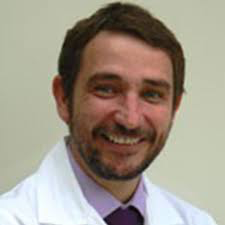
Matt Streetly, B.Med.Sci, BM, BS; MRCP, FRCPath, PhD
Matthew Streetly, B.Med.Sci, BM, BS; MRCP(UK), FRCPath, PhD, is a consultant haematologist at King’s College Hospital. He is the clinical lead for myeloma/plasma cell disorders and a member of the haemato-oncology inpatient attending team looking after inpatients with myeloma, lymphoma and leukaemia.
Matthew has a special interest in the use of novel therapies for patients with myeloma and is the principal investigator on multiple clinical trials.
Matthew is a member of the UK myeloma forum guidelines writing group and a special trustee of the British Society of Haematology. He has published widely on myeloma and related disorders and is an invited speaker at national and international meetings.
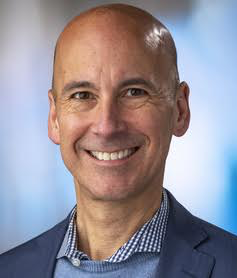
Tom Uldrick, MD, MS
Tom Uldrick, MD, MS, is Deputy Head, Global Oncology at the Fred Hutchinson Cancer Research Center with clinical and population-based research in the field of KHSV-associated MCD, primary effusion lymphoma, and KSHV/HHV8-associated inflammatory cytokine syndrome. His major research interests are the natural history and management of virally associated malignancies that occur in the setting of HIV/AIDS and other immune disorders. He also has a strong scientific interest in applying what is known in KSHV/HHV-8-associated MCD to contribute to the field of KSHV/HHV8-negative Multicentric Castleman disease.
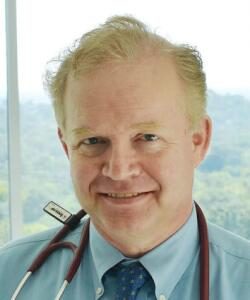
Frits van Rhee, MD, PhD, MRCP, FRCPath
Dr. Frits van Rhee is Professor of Medicine and Director of Developmental and Translational Medicine at the UAMS Myeloma Institute, where he holds the Charles and Clydene Scharlau Chair for Hematological Malignancies. He co-founded the Castleman Disease Collaborative Network and is internationally recognized for his expertise in myeloma, Castleman disease, and POEMS syndrome. Dr. van Rhee earned his medical degree from Erasmus University in the Netherlands, his PhD from Imperial College London, and trained in internal medicine, hematology, and bone marrow transplantation in the UK, including Oxford and London. He treats more than 800 patients with myeloma and other hematologic malignancies and is a leader in immunotherapy research for high-risk disease. He has served as principal investigator on NIH-funded studies of natural killer cell–based therapies and is a member of multiple international professional societies, holding UK board certification in internal medicine and hematology.
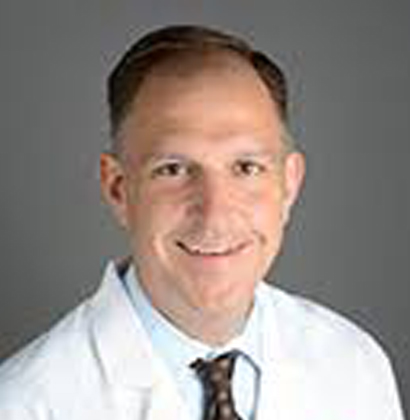
Peter Voorhees, MD
Peter Voorhees, MD, is an Assistant Professor in Hematology-Oncology and Clinical Researcher at UNC Comprehensive Cancer Center. His clinical interest is in hematologic malignancies with a focus on plasma cell dyscrasias. His research focuses on understanding the basis of resistance to chemotherapy in multiple myeloma and the development of therapeutic strategies that overcome chemotherapy resistance. He was an investigator on the Janssen Siltuximab study.

Raymond Wong, MBChB, MD, MRCP, FHKCP, FHKAM
Raymond Wong, MBChB, MD, MRCP(UK), FHKCP, FHKAM(Medicine), is a Consultant of the Department of Medicine & Therapeutics, Prince of Wales Hospital, Hong Kong and an Honorary Clinical Assistant Professor of the Chinese University of Hong Kong. He has taken care of patients with Castleman disease for more than 10 years and was an investigator on the Janssen Siltuximab study.
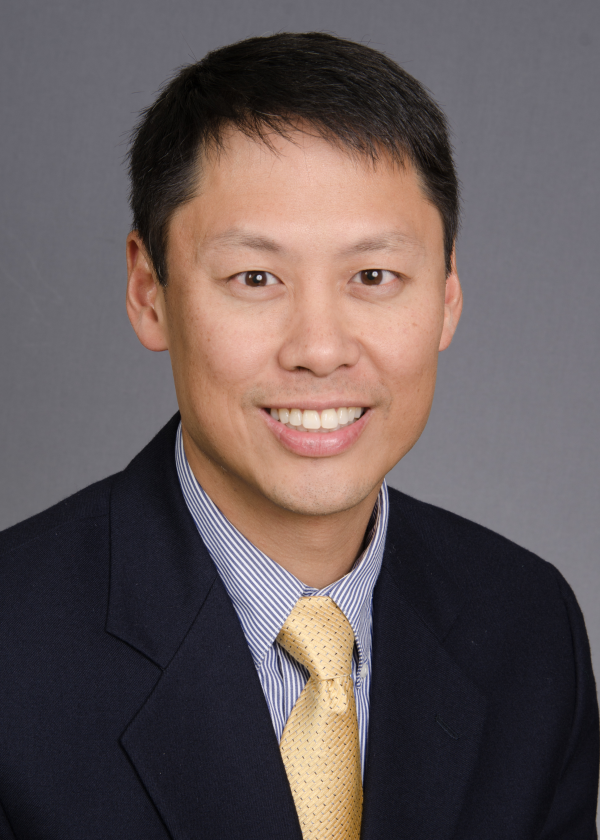
David Wu, MD, PhD
David Wu, M.D., Ph.D., is a board certified pathologist at Seattle Cancer Care Alliance, a UW associate professor of Laboratory Medicine and director of the UW fellowship in Molecular Genetic Pathology.
Dr. Wu conducts research on molecular diagnostic approaches to enhance patient care. He enjoys working with patients and their care providers to identify the best, evidenced-based approaches for their medical care. He strives to individualize patient care through integration of a patient’s story with clinical, laboratory, molecular/cytogenetic and pathology data.
Dr. Wu earned his M.D. from Harvard and his Ph.D. from Massachusetts Institute of Technology. He is a member of the Association for Molecular Pathology. Dr. Wu’s clinical and research interests include disease detection, diagnosis, and prognostication, particularly with respect to minimal residual disease in acute leukemias. He is also involved in tumor profiling to identify individualized patient opportunities.
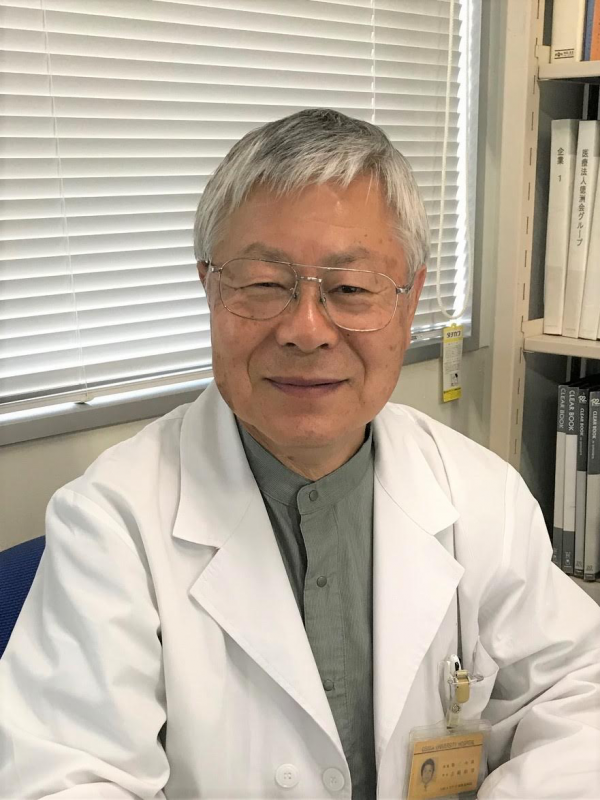
Kazu Yoshizaki, MD, PhD
Kazuyuki Yoshikazi, MD, PhD, is a Professor in the Dept of Immuno-Medical Science at Osaka University, Japan. He was the principal investigator that identified IL-6 as the key cytokine in the pathogenesis of MCD (1989), found anti-IL-6R Ab improved the abnormal findings of MCD (2002), and found the mechanism of inflammatory anemia via IL-6 induced hepcidin (2010). He is also the Chairman of a Japanese research group on Castleman Disease and TAFRO syndrome.
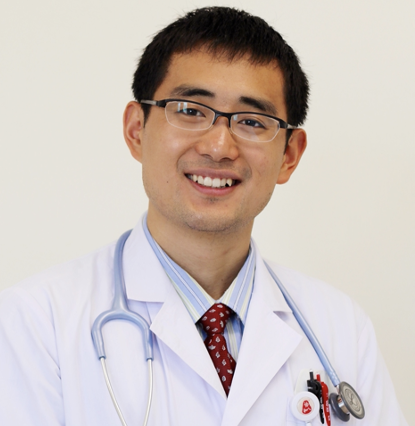
Lu Zhang, MD
Dr. Lu Zhang is a hematologsit and Professor at the Peking Union Medical College Hospital (PUMCH), Beijing, China. He is recognized as an Outstanding Youth of PUMCH and has pubilshed scientific papers in the field of Castleman disease (Blood, Blood Advances, American Journal of Hematology, CHEST, British Journal of Haematology). He is currently the Secretaty General of China Castleman Disease Network (CCDN) and has won the Castleman Warrior Award (2024) of CDCN (Castleman Disease Collaborative Network).
